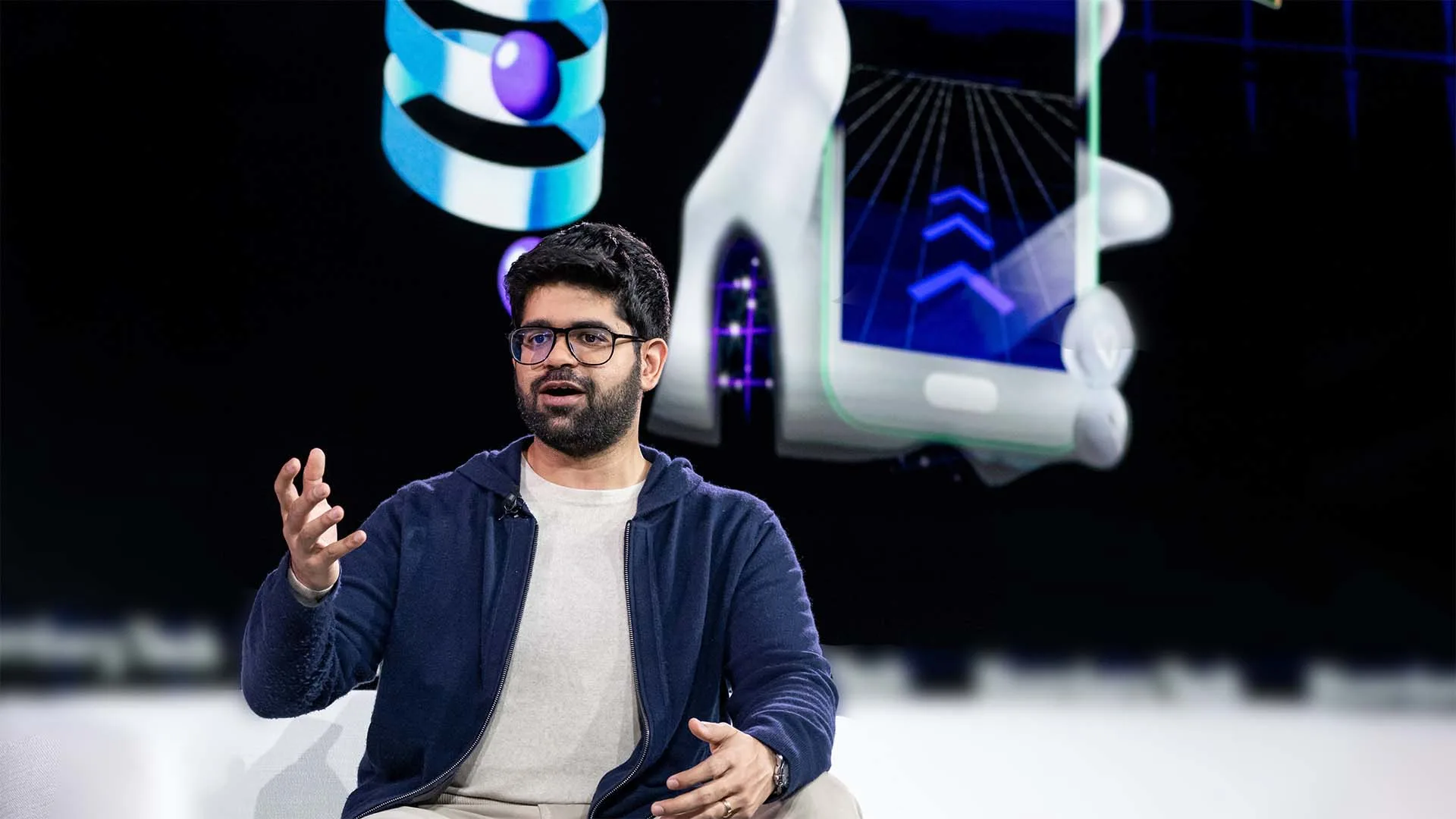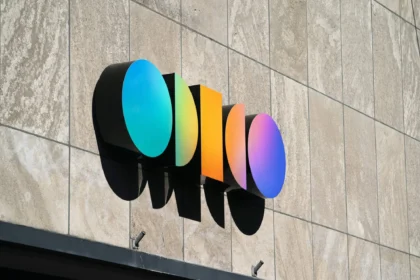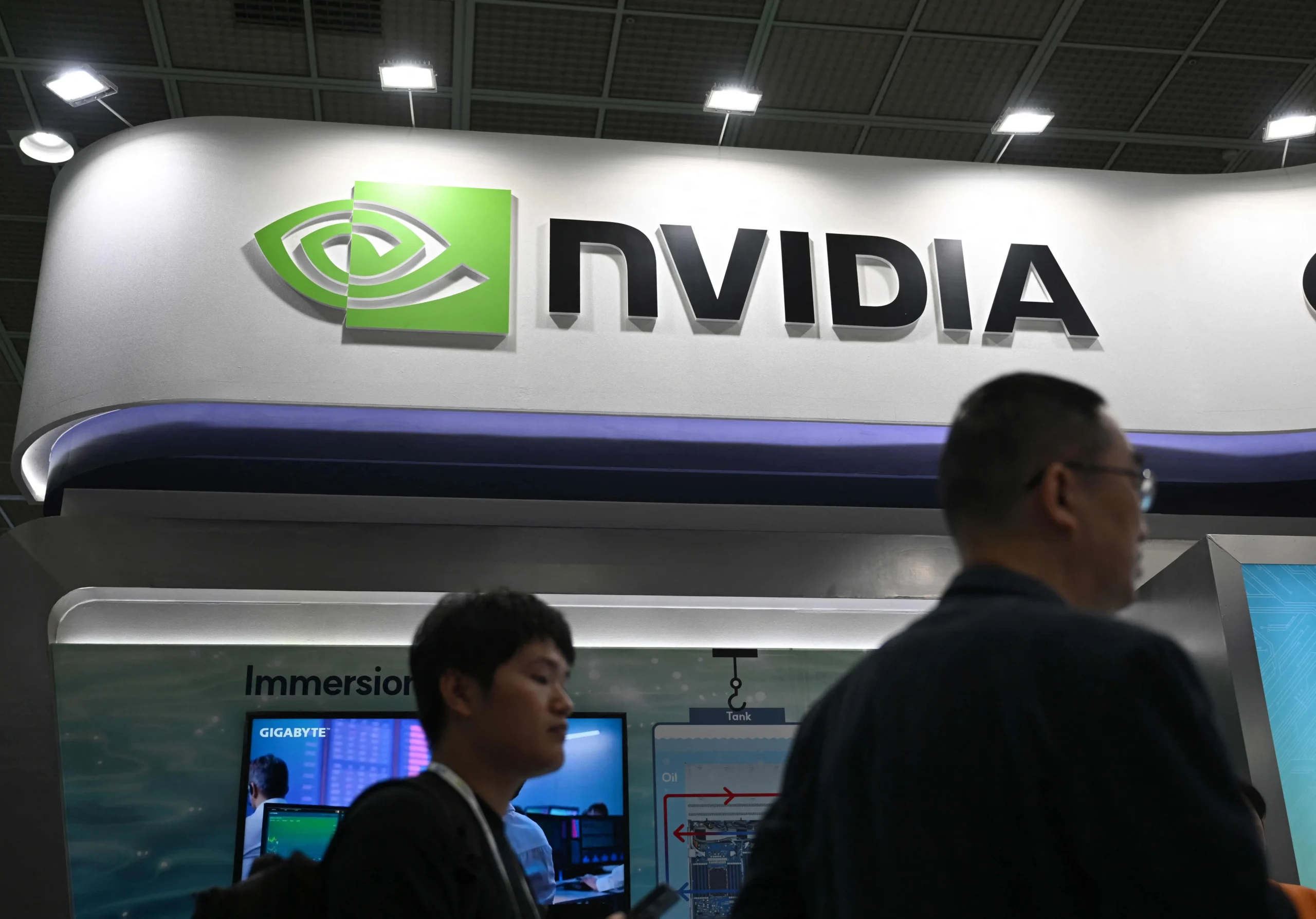In the fast-evolving world of artificial intelligence, a new player has entered the browser race. Perplexity AI, a company better known for its AI-powered search and language tools, recently launched Comet, an AI-driven web browser that some users say feels “light-years ahead” of Google Chrome. As AI continues to reshape the way people interact with information online, Comet may represent a significant challenge to Google’s long-standing dominance.
What Makes Comet Different
Unlike traditional browsers, Comet integrates advanced AI capabilities directly into the user experience. Its features include:
- Contextual Search & Summarization: Comet can read entire web pages and provide concise summaries, saving users time on research.
- Natural Language Navigation: Users can type or speak commands to find information, open sites, or interact with content in ways that traditional browsers cannot.
- Intelligent Recommendations: Leveraging AI, Comet predicts what users might want next, offering related articles, media, or resources.
- Built-in AI Assistance: Tasks like drafting emails, generating content, or analyzing data can be done without switching to separate AI tools.
According to early testers, the browser “feels intuitive” and reduces the friction of switching between multiple apps or tabs, a common pain point in traditional browsing experiences.
The AI Advantage Over Chrome
Google Chrome has dominated the browser market for over a decade, but Comet’s AI-first approach represents a paradigm shift. While Chrome is fast and widely compatible, it is fundamentally a tool for displaying web pages. Comet, by contrast, acts as an interactive assistant, turning the browser into a platform for intelligence and productivity rather than just navigation.
Industry analysts note that the integration of AI directly into browsing could redefine user expectations, much like how AI-enhanced search tools have changed online research. By combining real-time AI processing with web browsing, Comet can anticipate user needs in ways that Chrome’s extensions or Google Search alone cannot.
Challenges Ahead
Despite its promise, Comet faces significant hurdles.
- User Adoption: Convincing millions of Chrome users to switch browsers is a monumental challenge, given Chrome’s entrenched position on desktops and Android devices.
- Privacy Concerns: AI browsers require processing user data to function optimally. Perplexity will need to navigate privacy issues carefully to avoid regulatory backlash.
- Compatibility: Chrome has long benefited from an ecosystem of extensions and web standards. Comet must ensure that its AI features do not break compatibility with widely used web applications.
Industry Implications
If successful, Comet could signal a shift toward AI-native internet experiences, where browsers are not just tools for accessing information but dynamic assistants that interact with content and anticipate user needs. This has implications for Google, which relies heavily on search and advertising revenue. An AI browser that reduces the need to navigate multiple sites could potentially disrupt ad models and search traffic patterns.
Investors are taking note: Perplexity has raised significant funding for AI innovation, and a successful launch of Comet could position the company as a formidable competitor in both the browser market and the broader AI space.
The Future of Browsing?
Comet represents more than just a new browser; it embodies the potential next evolution of the internet. By combining AI, natural language processing, and predictive analytics, it could transform how users interact with the web.
While it remains early days, Comet’s debut raises an important question: could Perplexity become the next Google, or will Chrome adapt and retain its dominance in an AI-driven world?
The coming months will be crucial as users, developers, and regulators weigh in. One thing is clear: AI is no longer an accessory to the web—it’s rapidly becoming the engine driving the next generation of online experiences.







